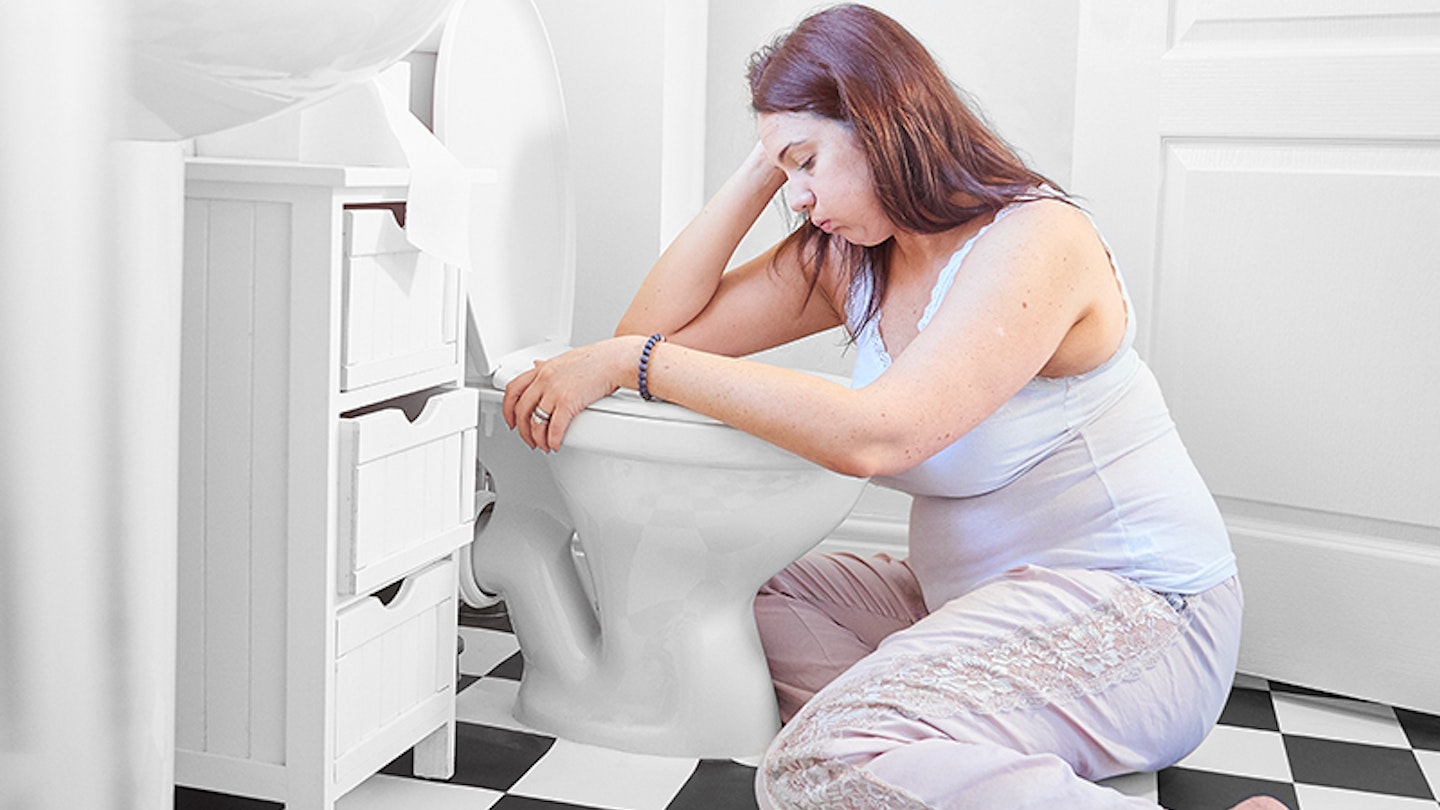Finally recognised for the serious condition it is, hyperemesis gravidarumis excessive nausea and vomiting during pregnancy.
While many women experience sickness in pregnancy, mums-to-be with HG are usually sick several times a day, struggling to keep both food and water down.
Symptoms of hyperemesis gravidarum
• Prolonged and severe nausea and vomiting
• Being dehydrated. This might be with the following: feeling thirsty, tired, dizzy or lightheaded, not peeing very much, and having dark yellow and strong-smelling pee
• Weight loss
• Low blood pressure (hypotension) when standing
When should I go to the hospital?
Plaguing as many as 1 to 3 women in every 100, if you're suffering from hyperemesis gravidarum, you shouldn't suffer in silence.
Be sure to get help as early as possible when experiencing severe nausea and vomiting and see your GP or midwife or contact the hospital. They will be able to rule out other conditions that can cause sickness and confirm if you have HG as well as ensure you get the necessary treatment to protect the health of you and your baby.
It's important to get professional help because you may experience dehydration and weight loss as a result of HG.
Treating hyperemesis gravidarum
There are several different treatment options for HG. These depend on your body's response to HG and could include:
• Medicines such as anti-sickness (antiemetic) drugs, vitamins (B6 and B12) and steroids, or combinations of these.
• Intravenous fluids which are given directly into a vein through a drip.
• Acupuncture: the insertion of fine needles into specific acupuncture points around the body.
